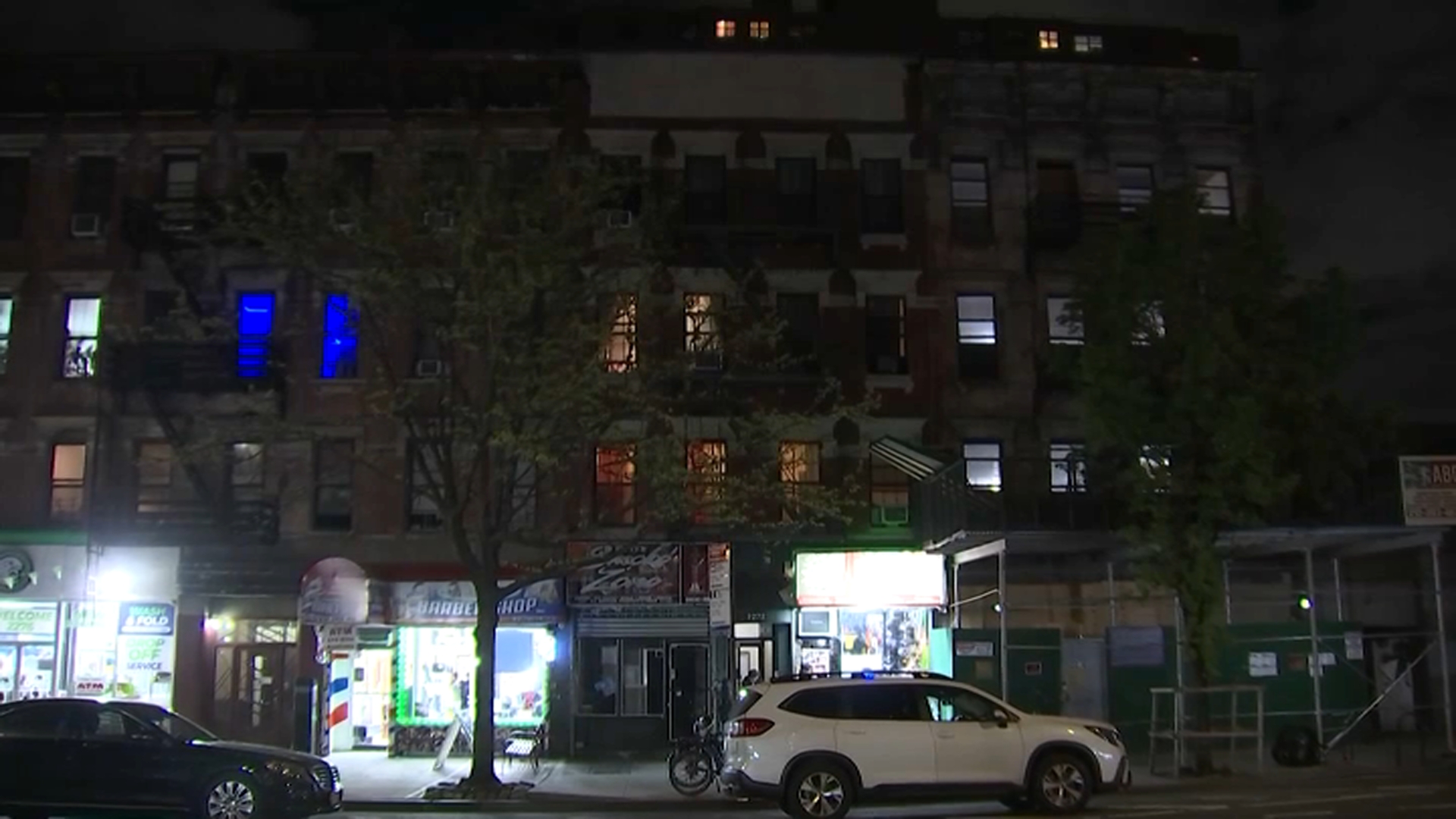There's more fallout from this summer's crippling coup in New York's Senate, and it's coming bundled as $13 million more in raises and hiring over the next 15 months, mostly for the Republican minority.
The latest state payroll records show new hires and raises that reflect an agreement resulting from the summer's coup that ground government to a halt for five weeks.
In ending the gridlock that started with a June coup by 30 Republicans and two dissident Democrats in the 62-seat house, the Democratic majority agreed to provide more funds for staffing the GOP.
That deal means that by the end of the year the GOP minority will have about $17.3 million for staffing. That compares to the $14.9 million that was given to the Democrats last year when they in the minority and Republicans ruled.
The development came as the New York Times reported that the man behind the coup, Senate Majority Leader Pedro Espada Jr., fired his aide Onix A. Sosa, who has been named in 100 court cases in which city or tenants sought to force necessary building repairs.
City and state records show Sosa continued to manage buildings after the state revoked his real estate broker’s license in 2004, citing “gross untrustworthiness” after he failed to return deposits to would-be renters.
The Senate's woes also include actual legislative output. Just 640 bills were passed in the chamber this year, less than half the average for the past 14 years -- another result of the crippling power grab.
That total from the Democrat-led Senate compares with 1,794 passed in 2008, when Republicans still controlled the chamber.
And since the Senate and Assembly each have to pass the same bill for it to become law, the Senate's low output meant 554 bills were passed by the full Legislature, down from 811 in 2008, according to an analysis released Friday by the New York Public Interest Research Group. For the 69 days of regular session, that meant the Senate passed an average of nine bills a day, while the Assembly passed 18.
Lawmakers weren't paid any less for the low output; they still collected a base pay of $79,500, plus thousands more for attending session days in Albany, and for leadership posts. The difference in productivity is attributed to a January power struggle, and to a coup that a mostly Republican coalition mobilized in June, halting Senate action for more than a month.
Local
In January — after Democrats won a 32-30 majority in the November elections — the Senate failed to pass a single bill. Democrats argued at the time they would ultimately pass more than the former Republican majority.
"Because of the leadership crisis (in June), we lost the most productive time of the legislative session where the number of bills that were passed would arguably have surpassed legislative activity in previous years," Democratic spokesman Austin Shafran said. He noted that under Republican control, the Senate passed more than 1,000 bills in June in 2008 and in 2007.
"The quality of the bills that we passed and their benefit to the people of New York is the only standard by which the legislature should be judged," he said.
Despite all the bickering and turmoil, the Senate passed more than 76 percent of its bills unanimously. The data from NYPIRG only included bills passed between Jan. 1 and July 31. Another six bills passed in August's special session, and the Senate is expected to return in September.
In January, Democrats took control for the first time in 43 years. That was also the first time in at least 14 years that no bills were passed in the first month of the six-month session.
Democratic Senators in Albany have a history of infighting, compared with the apparent solidarity of Republicans.
"There's far more that unites our conference than divides it," Shafran said. "The month of June is over."
Sen. Antoine Thompson, a Buffalo Democrat, said as Democrats move forward, they will need to get more work done earlier in the year.
"I think we could have moved more bills earlier and not had this process of letting bills wait until June," he said. "I think that is crying for reform."



